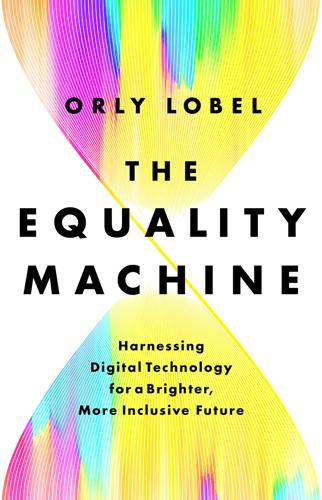
The Equality Machine: Harnessing Digital Technology for a Brighter, More Inclusive Future
by
Orly Lobel
Published 17 Oct 2022
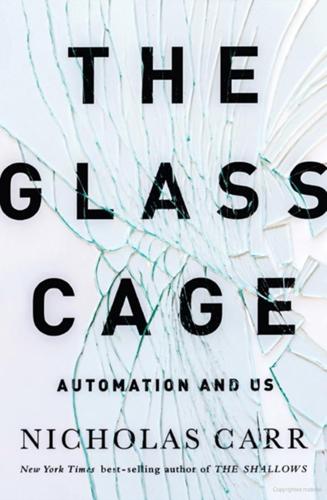
The Glass Cage: Automation and Us
by
Nicholas Carr
Published 28 Sep 2014
“But for most people the servant has become the master.”32 More dramatically still, the idea of a robot uprising, in which computers with artificial intelligence transform themselves from our slaves to our masters, has for a century been a central theme in dystopian fantasies about the future. The very word robot, coined by a science-fiction writer in 1920, comes from robota, a Czech term for servitude. The master-slave metaphor, in addition to being morally fraught, distorts the way we look at technology. It reinforces the sense that our tools are separate from ourselves, that our instruments have an agency independent of our own. We start to judge our technologies not on what they enable us to do but rather on their intrinsic qualities as products—their cleverness, their efficiency, their novelty, their style.
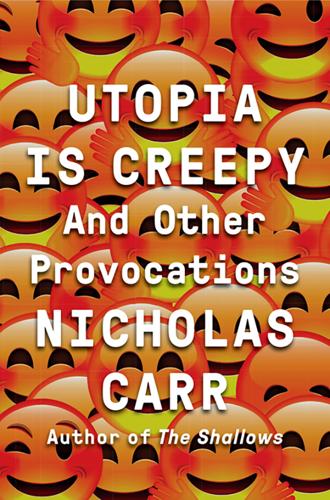
Utopia Is Creepy: And Other Provocations
by
Nicholas Carr
Published 5 Sep 2016
More dramatically still, the idea of a robot uprising, in which computers with artificial intelligence transform themselves from our slaves to our masters, has for a century been a central theme in dystopian fantasies about the future. The very word “robot,” coined by a science fiction writer in 1920, comes from robota, a Czech term for servitude. The master-slave metaphor, in addition to being morally fraught, distorts the way we look at technology. It reinforces the sense that our tools are separate from ourselves, that our instruments have an agency independent of our own. We start to judge our technologies not on what they enable us to do but rather on their intrinsic qualities as products—their cleverness, their efficiency, their novelty, their style.
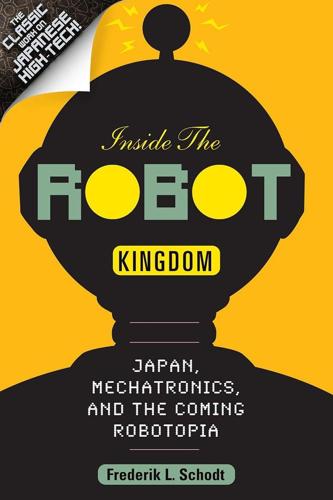
Inside the Robot Kingdom: Japan, Mechatronics and the Coming Robotopia
by
Frederik L. Schodt
Published 31 Mar 1988
Everyone has his own image of what a robot is. They are all right, and all wrong. ROBOTICS ENGINEER SHOTARO OZAKI * * * The word "robot" came from a 1920 play titled R.U.R., or "Rossum's Universal Robots" written by Karel Capek. Capek, a Czech, had coined the word from robota, the Czech noun for "work," which is derived from a root for "slave" or "servant." His play had a rather simple plot that fed on old fears in Western civilization: men mass produce artificial slaves, or robots, to take over their work and later to wage war as well; the robots, of high intelligence, decide not to kill each other, and instead slaughter their masters, the humans.
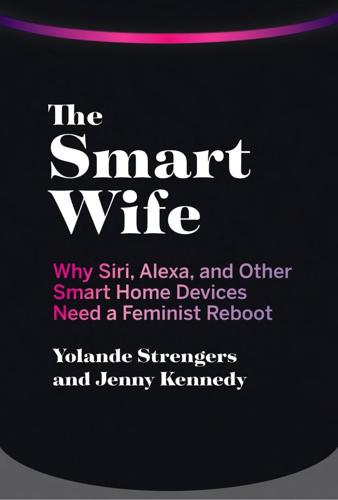
The Smart Wife: Why Siri, Alexa, and Other Smart Home Devices Need a Feminist Reboot
by
Yolande Strengers
and
Jenny Kennedy
Published 14 Apr 2020
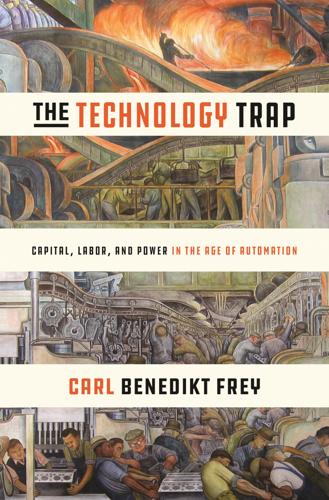
The Technology Trap: Capital, Labor, and Power in the Age of Automation
by
Carl Benedikt Frey
Published 17 Jun 2019

Arriving Today: From Factory to Front Door -- Why Everything Has Changed About How and What We Buy
by
Christopher Mims
Published 13 Sep 2021
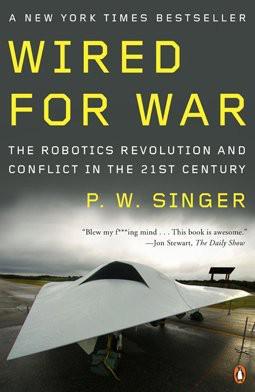
Wired for War: The Robotics Revolution and Conflict in the 21st Century
by
P. W. Singer
Published 1 Jan 2010